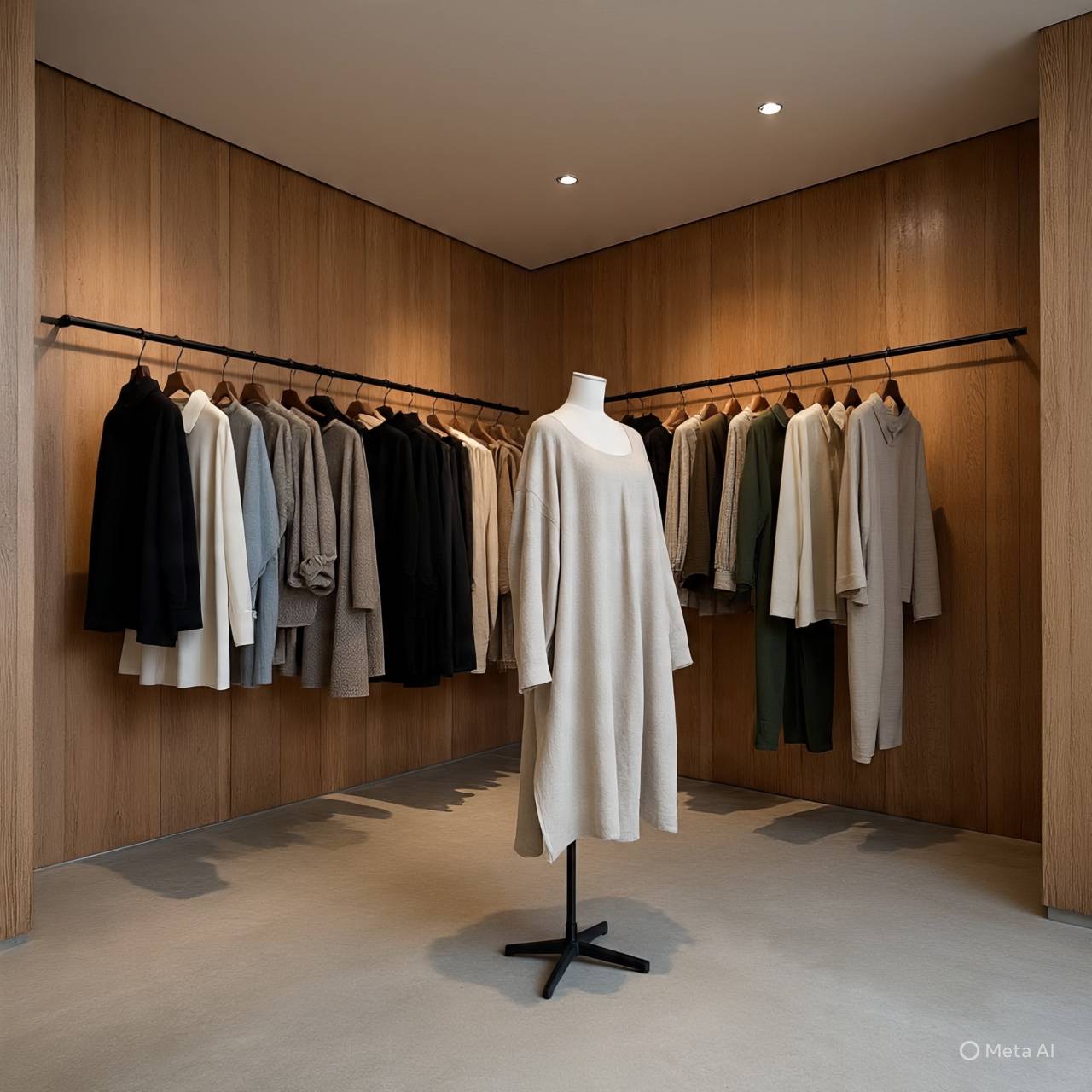Sustainable fashion is an increasingly important trend in the fashion industry, focusing on reducing environmental impacts, promoting ethical practices, and ensuring clothing is produced and consumed in a more responsible manner. The fashion industry is known for its significant environmental and social impacts, including waste generation, resource consumption, and labor issues. Sustainable fashion trends aim to address these challenges.
Sustainable materials are a key aspect of sustainable fashion. Materials like organic cotton, recycled fabrics, and biodegradable textiles help reduce environmental impacts of clothing production. According to a report by the Sustainable Apparel Coalition, using sustainable materials is a strategy for reducing the fashion industry's environmental footprint [SAC]. Brands are increasingly incorporating sustainable materials into their collections.
Circular fashion concepts promote designing clothing for longevity, reuse, and recycling to minimize waste. Circular fashion aims to keep clothing in use longer and reduce disposal in landfills. Research by the Ellen MacArthur Foundation highlights the potential of circular economy approaches in fashion to reduce waste and resource use [EMF]. Circular fashion involves design for durability and recyclability.
Ethical practices in fashion include ensuring fair labor conditions, safe working environments, and fair wages for workers in the fashion industry. Ethical fashion promotes transparency and accountability in supply chains. According to a report by Human Rights Watch, labor rights issues are significant in some parts of the fashion industry [HRW]. Brands committed to ethical fashion prioritize worker welfare.
Slow fashion is a trend emphasizing quality over quantity, encouraging consumers to buy less but choose better-made, longer-lasting clothing. Slow fashion contrasts with fast fashion's focus on rapid turnover of trends and cheap, disposable clothing. Research by Fletcher highlights the benefits of slow fashion for sustainability and reducing waste [Fletcher]. Slow fashion encourages mindful consumption.
Consumers are increasingly interested in sustainable fashion, driving demand for more responsible clothing options. Transparency about sustainability practices and materials used in clothing is becoming more important to consumers. According to a report by McKinsey, consumer interest in sustainability is influencing fashion industry practices [McKinsey]. Brands are responding to this interest with more sustainable offerings.
Sustainable fashion trends involve using sustainable materials, promoting circular fashion, ensuring ethical practices, embracing slow fashion, and responding to consumer interest in sustainability. These trends aim to reduce environmental and social impacts of the fashion industry.




No comments yet
Be the first to share your thoughts!